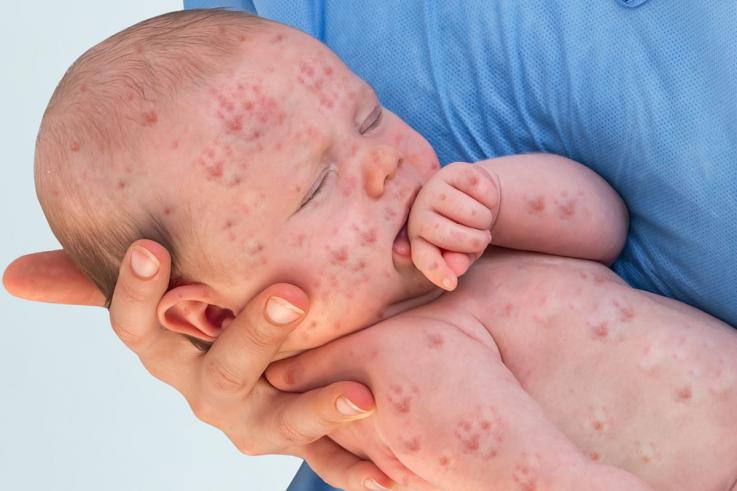Vaccine Induced Social Amnesia

NYT: In 2022, there were 941 reported cases of measles in the World Health Organization’s European region. Over just the first 10 months of last year, according to an alarming bulletin the W.H.O. issued in mid-December, there were more than 30,000.
This is the kind of spike — a 3,000 percent increase — that looks implausible in headlines….But as the year drew to a close, the European measles outbreak kept growing. Through December, case numbers in the region eventually reached over 42,000, and although the largest outbreaks were in countries most Americans regard as pretty remote (Kazakhstan, Kyrgyzstan and Russia), there is also a vicious surge in Britain, which may look plausibly to us as the canary in a coal mine. There, in just one of England’s nine regions, the West Midlands, 260 cases have been confirmed and dozens more suspected, in a country which, as a whole, recorded just two cases as recently as 2021.
As David Wallace-Wells explains, vaccination rates are still 90%+ and down only slightly but measles is so infectious that even amid an otherwise well-vaccinated population, it can sometimes find pockets of low vaccination populations and spread like wildfire.
Measles is an especially nasty infection because it can induce “immunological amnesia“, thereby making individuals more susceptible to pathogens that they previously were able to resist.
Ironically, just as measles can induce immunological amnesia, vaccines can induce social amnesia about the severity of diseases, thereby making society more susceptible to pathogens that they previously were able to resist.